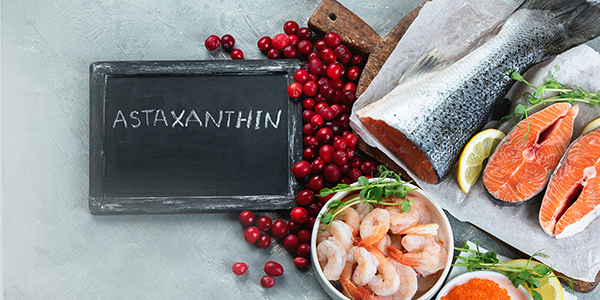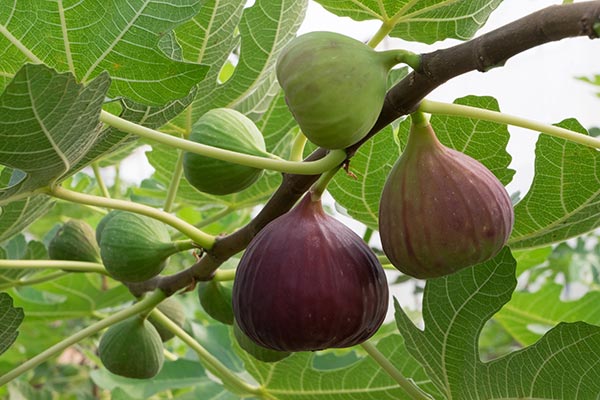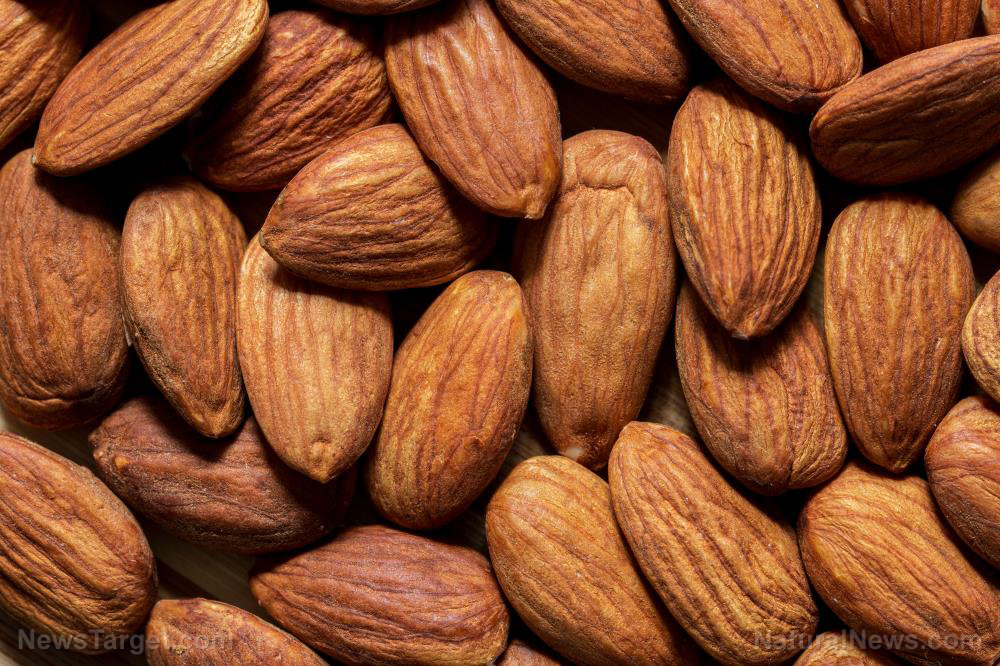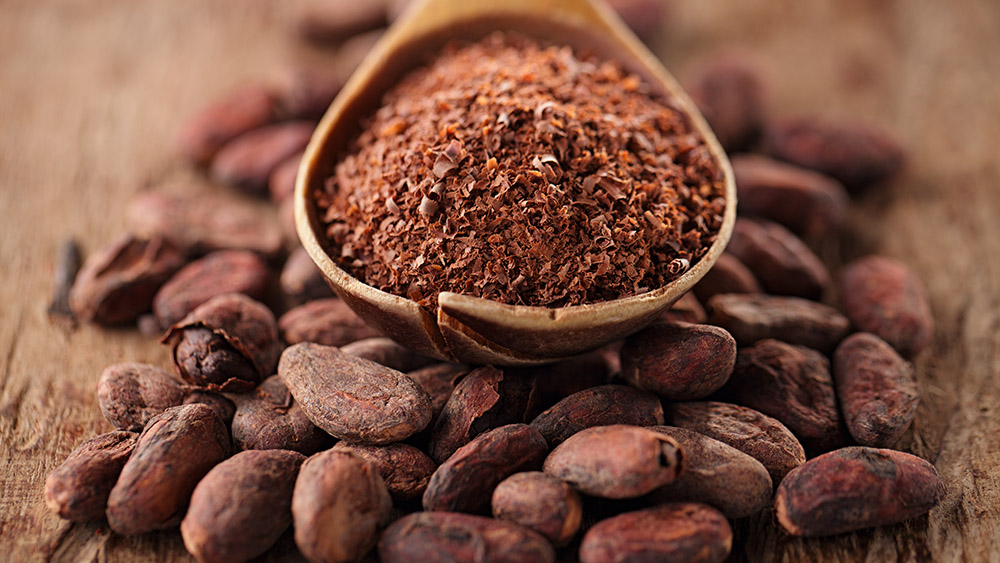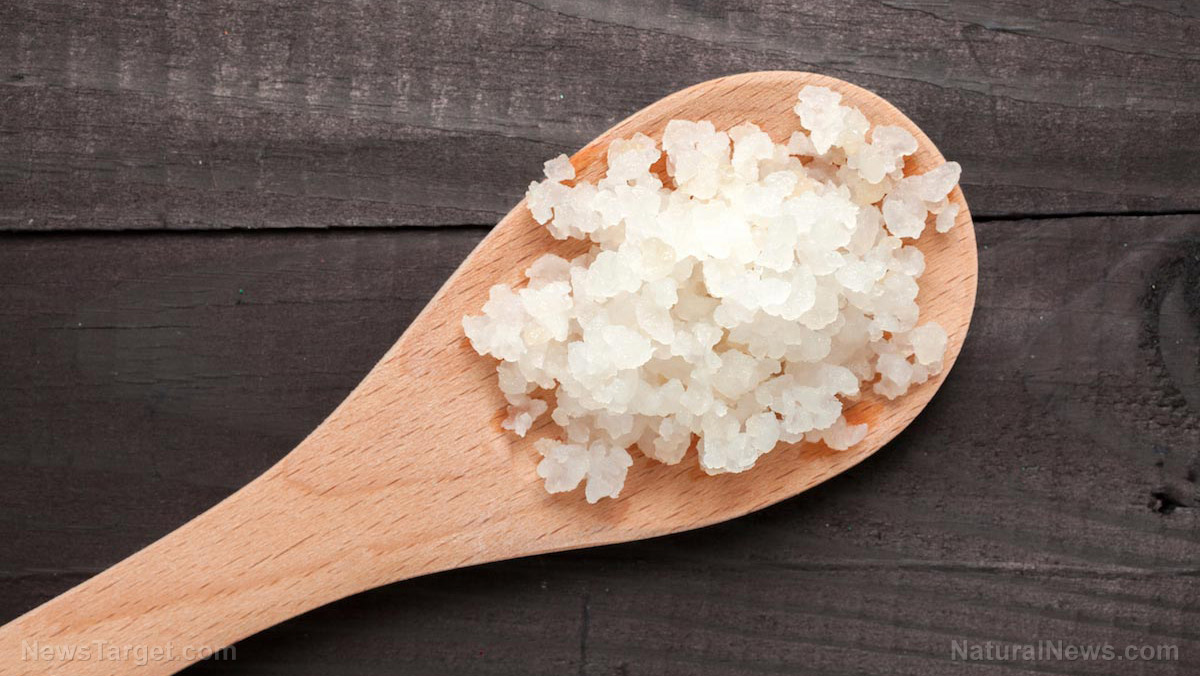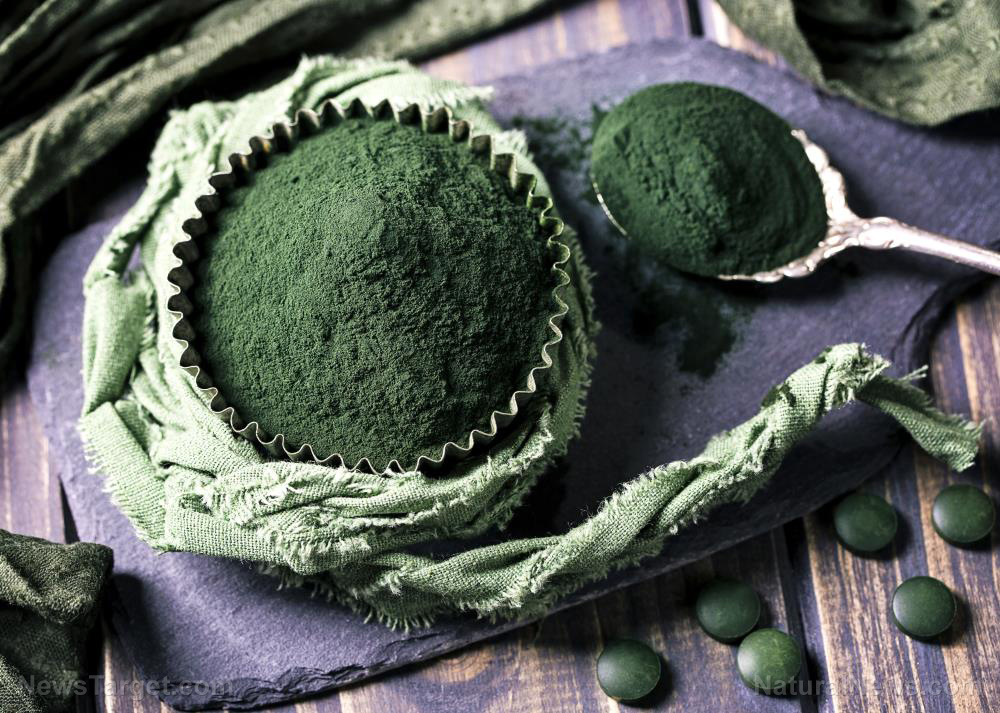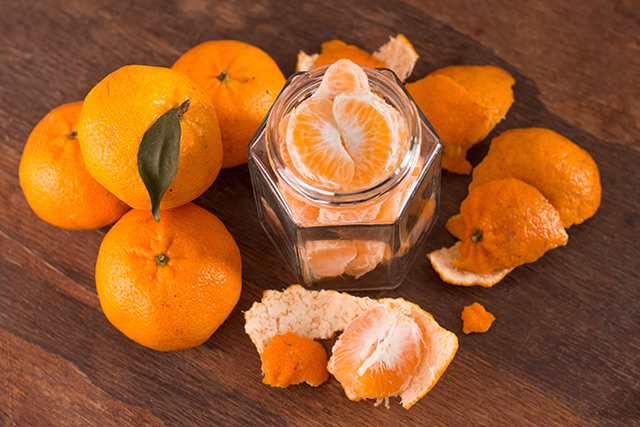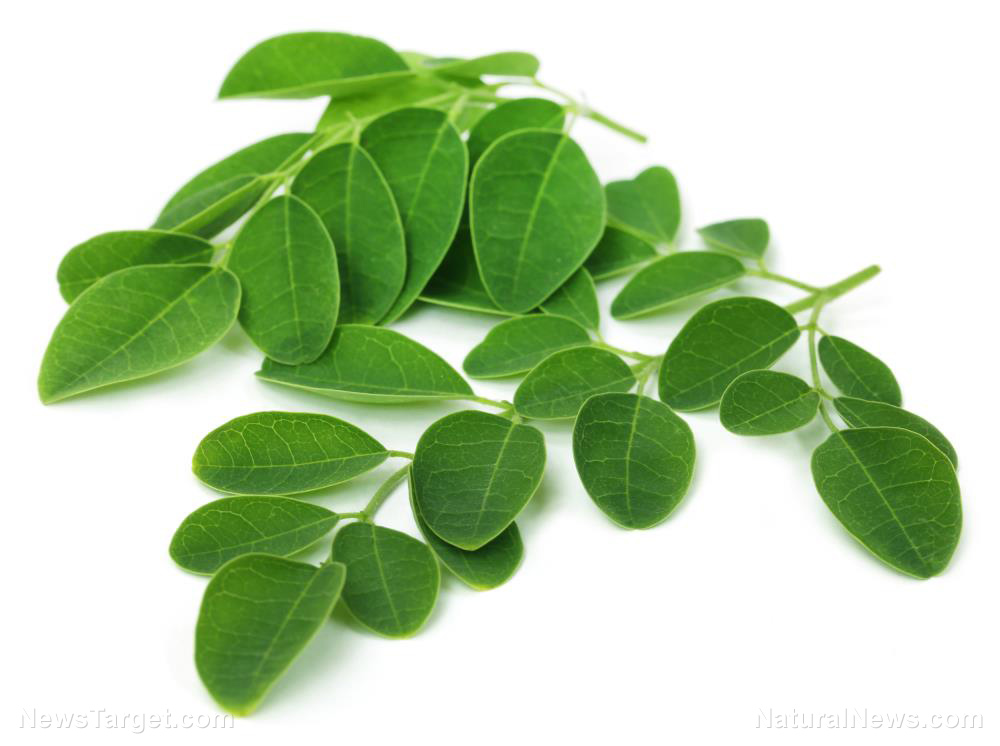Three unusual green tea benefits – from three unique forms
10/02/2025 / By News Editors
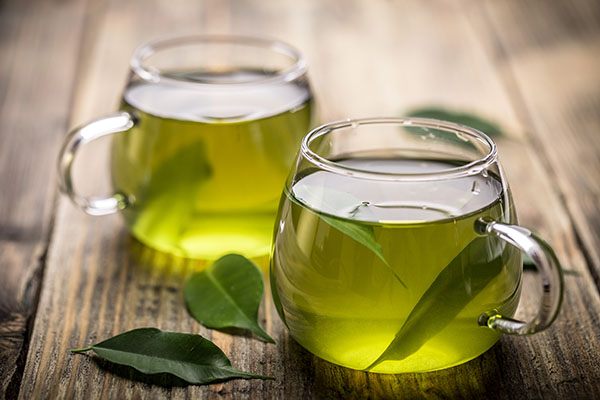
There’s seemingly no limit to green tea’s powers, which include help for diabetic peripheral neuropathy, brain function and even keeping your cool under stress. Plus, you may reap even more green tea benefits by trying out these three unique green tea forms
(Article republished from GreenMedInfo.com)
Two-thirds of the world’s population enjoys tea as a beverage,[i] not only because of its pleasant taste but because it’s been renowned as a health-promoting drink since ancient times. In the U.S., black tea is most popular (often consumed iced), accounting for 84% of the tea consumed in 2019, while green tea made up just 15%.[ii]
All tea comes from the leaves of the Camellia sinensis plant. The differences in color and flavor are due to different processing methods. While black tea is made from leaves that have been exposed to air, causing them to oxidize and giving them their dark color, green tea is made from young tea leaves that are not fermented and instead are withered, steamed and pan fired.[iii]
If health benefits are what you’re after, you can’t go wrong by sipping on a cup of organic tea of any variety, but it’s possible to intensify tea’s health-boosting potential even more by consuming it and its constituents in different forms — namely green tea extract, matcha and l-theanine. These three compounds are responsible for three of green tea’s lesser known — yet highly impressive — benefits.
Green Tea Extract for Diabetic Peripheral Neuropathy
Diabetic peripheral neuropathy (DPN) is among the most disabling and common complications of diabetes. DPN is a form of nerve damage that can lead to numbness, tingling, pain and weakness in your feet, legs, hands and arms. Conventional treatments, which include antidepressants, opioids and topical pain relievers, have adverse effects and are often lacking in effectiveness to provide relief for this long-lasting condition.
Green tea’s catechins, amino acids, polyphenols and other diverse compounds offer a range of properties that may benefit DPN, including hypolipidemic, anti-inflammatory, antioxidant and even anti-neuroinflammatory effects.[iv] In a 16-week study, 194 patients with DPN received either green tea extract or placebo.
Significant improvements were noted in the green tea extract group in terms of both clinical and neurophysiological parameters. Multiple mechanisms are likely involved in the observed benefits, including:[v]
- Positive impact on insulin resistance and glucose homeostasis
- Reduced fasting insulin levels
- Anti-adiposity effects
- Beneficial effects on lipid and insulin levels (green tea has been found to outperform the diabetes drug metformin for this purpose)
- Anti-inflammatory effects
Green tea extract, which is available in supplement form, is a more concentrated source of polyphenols isolated from Camellia sinensis. It contains flavonoids, polyphenols such as epigallocatechin-3-gallate (EGCG) and vitamins.
Research suggests that absorption of tea polyphenols may be enhanced, and increases in antioxidant levels more significant, when consumed in the form of a green tea extract supplement compared to a green or black tea beverage.[vi] In addition to DPN, green tea extract may have anticancer effects,[vii] lowers blood pressure[viii] and benefits cognitive function.[ix]
Matcha Improves Cognitive Function — Even While You’re Stressed
Another way to intensify the already-powerful beneficial properties of green tea is to consume matcha, a type of green tea made by drying and grinding tea leaves into a fine powder.
Catechin, theanine and caffeine are among the compounds in matcha known to affect cognitive function, and researchers from Japan have found that daily matcha consumption improves attention and executive function in middle-aged and older adults.[x]
They were curious whether these benefits extended to younger adults as well, so they gave two grams of matcha (in capsule form) to 42 25- to 34-year-olds daily for two weeks while subjecting them to mild psychological stress, which is known to cause a decline in cognitive function.
Matcha intake led to maintained attentional function during the stressful period, which suggests it may be useful for helping young adults stay productive and focused while going through their daily grind.[xi] Attentional function involves the ability to make plans, perform tasks and function effectively in day-to-day life,[xii] and it appears matcha may provide a boost in this area for those faced with stress.
Matcha is produced from plants that are shaded during key growth periods, enhancing the accumulation of biologically active compounds. This concentrated source of theanine, catechins and more is considered “the highest quality tea.”[xiii] In addition to boosting cognitive function, matcha is known to lower anxiety,[xiv] helps prevent neurodegenerative disorders and offers anticarcinogenic, anti-inflammatory and cardioprotective properties.[xv]
L-Theanine Boosts Brain Function
L-theanine is an amino acid found primarily in Camellia sinensis leaves and mushrooms.[xvi] It’s particularly prevalent in matcha tea, where it, combined with caffeine, gives matcha a non-bitter taste and umami characteristic. This particular combination of l-theanine and caffeine is also notable for enhancing concentration and relieving stress,[xvii] but l-theanine on its own is also revered for boosting brain functions.[xviii]
One Japanese study compared the cognitive effects of a single dose of l-theanine, 12 weeks of regular l-theanine consumption and placebo among adults aged 50 to 69 years. Benefits were found after 12 weeks and even after a single dose, with the researchers stating:[xix]
“A single dose of l-theanine reduced reaction time in the attention task and increased correct answers and decreased the number of omission errors in the working memory task. This suggests that l-theanine may improve working memory and executive function based on the improvement in attention.”
For the study, a dose of 100.6 milligrams (mg) of l-theanine was used “for the purpose of clearly showing the effect of theanine alone.” For comparison, a cup of green tea contains about 25 mg of theanine, while previous studies have found improvements in attentional function at l-theanine doses of 50.3 mg.[xx]
Depending on your needs, green tea extract, matcha green tea and l-theanine can provide targeted nutrition to boost your physical and mental health, while you may also gain a boost by enjoying green tea the “old-fashioned” way — by savoring a daily cup or three.
Read more at: GreenMedInfo.com
Submit a correction >>
Tagged Under:
alternative medicine, brain function, brain health, diabetic peripheral neuropathy, disease treatments, food cures, food is medicine, food science, green tea, health science, matcha, natural cures, natural health, natural medicine, naturopathy, nutrients, nutrition, phytonutrients, remedies, research, Xpost
This article may contain statements that reflect the opinion of the author
RECENT NEWS & ARTICLES
consumerwellness.info is a fact-based public education website published by consumerwellness.info
All content copyright © 2023 by consumerwellness.info
Contact Us with Tips or Corrections
All trademarks, registered trademarks and servicemarks mentioned on this site are the property of their respective owners.

